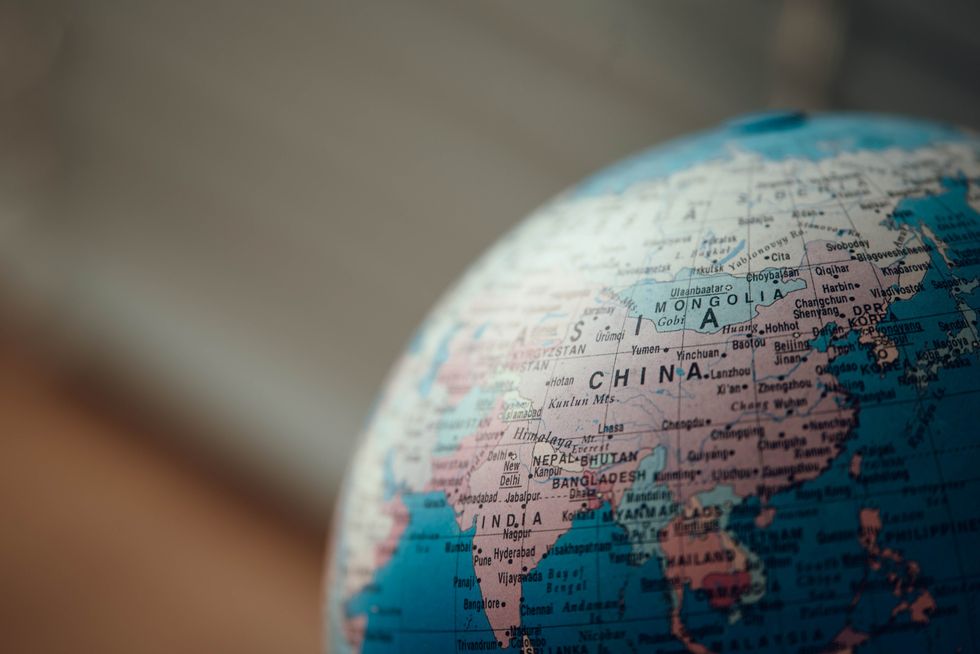This summer, I wrote an article for the The Odyssey Online outlining why President Donald Trump should cease the United States's trade war with China immediately because of the harm that it would do to the US economy. However, given recent developments in the Chinese economy, as well as the testimony of well-known Chinese economists, the exact opposite may be the case. Perhaps it is China who should be making concessions to defuse this trade war because it imperils the developing country's economic growth.
In September, the British multinational Barclays investment bank released a statement saying that they believe that if the trade war continues to worsen to the point where everything exchanged commercially between the US and China gets slapped with tariffs from the two countries, the value of the merchandise traded will be decreased by approximately $156.5 billion. This is particularly bad news for China, where recent data shows that exports amount to nearly 20% of China's GDP as opposed to just under 12% for the US. In fact, Michael Gapen, an economist for Barclays, believes that losses to China could amount to "1.0% of GDP," with Chinese domestic consumers being particularly worse off, since they would have to pay higher prices on imports from the US.
The Chinese government's responses to the trade war clearly show its growing desperation at the prospect of slowing economic growth. Faced with trade war-related issues, including 2018 Shanghai stock values falling by 22.3% and a weakening in China's "export growth," the government is taking desperate action to stimulate the economy; Chinese leader Xi Jinping's administration is frantically announcing tax cuts, bank deregulations (the Chinese central bank has "slashed" bank reserve requirements "for the fourth time this year"), and plans for more expenditures on infrastructure. These actions clearly show that the Chinese government is concerned about its future economic prospects. What could a solution to China's worries be? According to economist Sheng Hong, director of Beijing's Unirule Institute of Economics, the Chinese government should give up trying to directly control the economy and run it into a crash course with the US's demands for freer trade relations. Mr. Sheng argues that Xi Jinping's tendency to "stand his ground" on international conflicts is becoming "costly" for China and that China should comply with the US government's demands and eliminate the "unfair competition" in trade from China's state-run industries. This will benefit the people of China, as a sizable portion of China's population is employed in the China's private (not state-run) sector and they would benefit from the increased productivity that would come with less state-run competition. However, Xi has shown little sign of backing down from his domestic policies and only time will tell whether or not this reticence will hurt the Chinese economy even more than what is already expected.
















